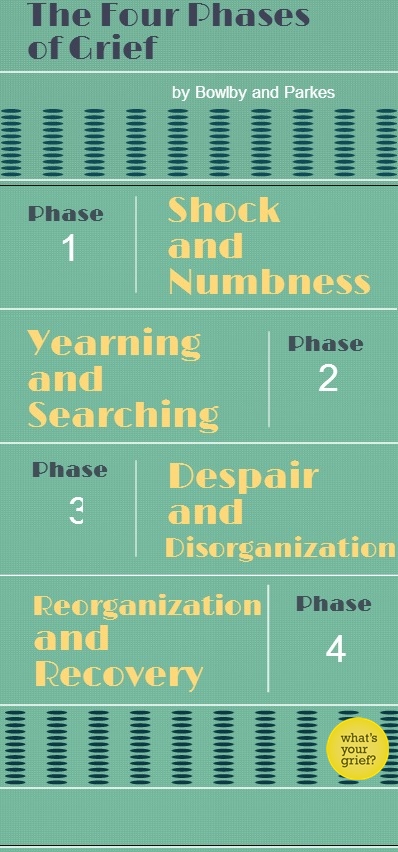In Four Paragraphs Compare Kübler Ross’s Stages Of Dying And
According to British psychiatrists Colin Murray Parkes and psychologist John Bowlby, the grief process after losing a loved one involves four stages: shock and numbness, yearning and searching, disorganization and despair, and reorganization. This model is based on the idea that the attachment to the loved one has been broken, resulting in intense feelings of grief. The four stages proposed by Bowlby and Parkes differ from those of Elisabeth Kübler-Ross, with the initial stage of denial being similar to shock and numbness, but then diverging with the second stage of anger. This dynamic grief model suggests that individuals may oscillate between loss orientation and restoration throughout the process.
Kübler-Ross's Stages of Dying, formulated by psychiatrist Elisabeth Kübler-Ross, presents a model of five stages that terminally ill patients are said to undergo: denial, anger, bargaining, depression, and acceptance. In contrast, the Parkes/Bowlby Attachment Model of Bereavement, proposed by British psychiatrists Colin Murray Parkes and psychologist John Bowlby, describes a four-stage grief process following the loss of a loved one: shock and numbness, yearning and searching, disorganization and despair, and reorganization. While Kübler-Ross's stages primarily focus on the process of dying, the Parkes/Bowlby model centers around the process of grieving after the death of a loved one.
However, the two models can be seen to complement each other as they both address the emotional and psychological experiences of individuals facing death or dealing with bereavement. There is a potential interplay between the denial and shock and numbness stages of the Kübler-Ross model and the shock and numbness stage of the Parkes/Bowlby model. Both models capture the complexity and fluctuation of emotions an individual may experience when faced with death and loss.
In the modern context, there is a growing understanding that grief is subjective and can be influenced by various factors such as cultural background, religious beliefs, and individual coping mechanisms. This generation's approach to grief may be less linear and more individualized, with some individuals bypassing traditional stages due to their ability to cope differently. Factors such as social support, access to mental health resources, and changing societal norms have also impacted how individuals cope with loss. The integration of technology and social media has also brought new dimensions to the grieving process, allowing for online memorials and virtual communities of support. These shifts in coping mechanisms, along with individual differences, may contribute to the evolving landscape of grief in the current generation.
Sources


Related Questions
Work fast from anywhere
Stay up to date and move work forward with BrutusAI on macOS/iOS/web & android. Download the app today.
